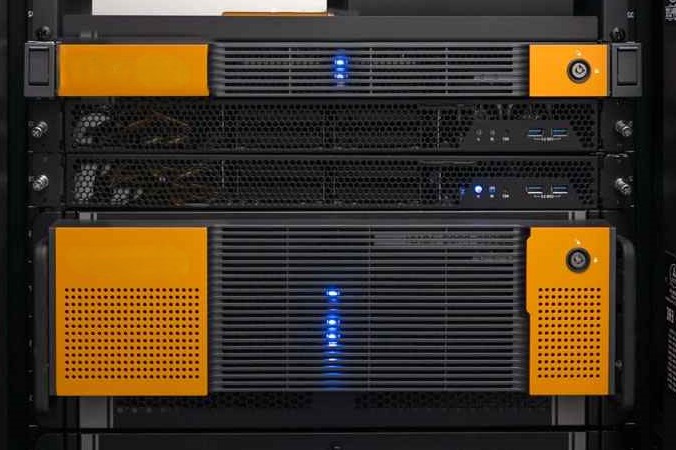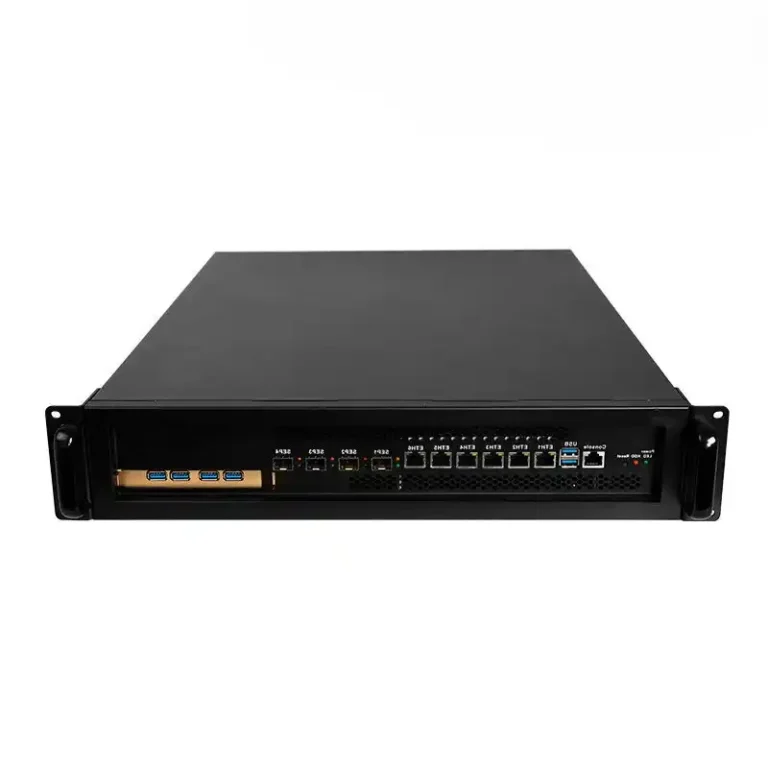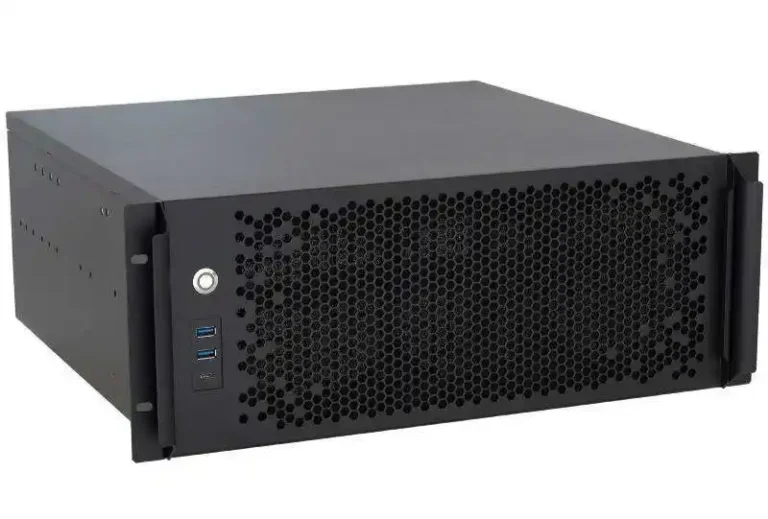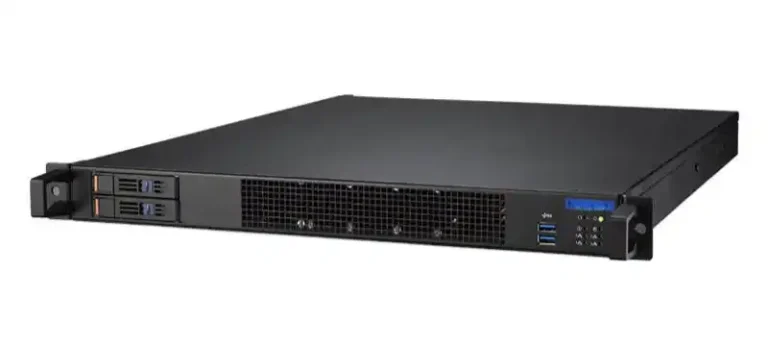You want servers that land on-site, power up, and just work. That’s the whole point of server chassis assembly services: move integration, QA, and paperwork upstream so you cut DOA, shrink MTTR, and speed time-to-value. At IStoneCase—“The World’s Leading GPU/Server Case and Storage Chassis OEM/ODM Solution Manufacturer”—we build that into the hardware stack and the process. No drama, less re-rack.
Server chassis assembly services
When you push assembly and validation to the factory, you avoid the “late-stage surprise.” We pre-kit the BOM, torque to spec, run burn-in, label everything, and ship ready-to-rack systems. You get fewer field touches and faster UAT. Yeah, it sounds simple; in practice, it’s a lot of discipline—ESD controls, barcode tracking, and clean handoffs between stations.
Arguments, checks, and why it matters
| Argument (what to insist on) | What good looks like | Signals to check | Why it matters | Where IStoneCase fits |
|---|---|---|---|---|
| L11/L12 assembly with burn-in | Functional test + thermal soak + firmware baseline (BIOS/UEFI/BMC), drive map, NIC bonding validated | Burn-in report, asset tags per slot, cable photos | Fewer DOA, less “truck roll” | Integrated in our Server Case lines and custom builds |
| Rack integration (rack & stack) | Pre-cabling, PDU mapping, labeling per RU, airflow zoning | Labeled harness, RU plan, PDU phase balance notes | Faster turn-up, cleaner airflow | We pre-lace and label per plan—arrives plug-and-play |
| Documentation & traceability | Barcode per FRU, ERP trace, photo log | Serial/FRU table, wiring list, firmware manifest | Easy RMA, quick root cause | Delivered with each shipment by default |
| Serviceability in the rack | Tool-less access, rails aligned, cable service loops | Rail SKUs match chassis depth, spare screws bag | Faster swaps, lower MTTR | See Chassis Guide Rail options |
| Form-factor fit | Right height for thermals/slots/fans | RU budget vs. airflow vs. PCIe count | No thermal throttling, fewer compromises | 1U–6U portfolio + GPU/NAS variants |
| OEM/ODM box-build | BTO/CTO images, golden config, carton test | Golden image hash, label templates, carton integrity | Consistent fleets at scale | Customization Server Chassis Service |
Little grammar note from the field: perfect documents but messy cables still break your day. So we obsess both.

L11/L12 assembly and burn-in test
We load baseline firmware, pin down BMC/IPMI settings, validate fan curves, and exercise the storage path with a soak that actually heats the box. We verify NVMe slot maps, NIC bonding, VLAN tags, and PXE. If you want a golden image, we hash it and lock it. This step ain’t fancy; it’s just the difference between “boots once” and “stays stable under load.”
Quick field story. A retail analytics cluster kept failing on Monday mornings. Root cause wasn’t software at all—it was thermal ramp after weekend idle. L12 burn-in caught that in the factory on the replacement batch. That saved a re-visit and a red-face call.
Rack integration (rack & stack)
We pre-stack the cabinet, route harnesses, and label both ends. PDU phasing, cable lacing, and airflow direction get set before you see the crate. We also document RU placement so your ops folks don’t guess under time pressure.
Chassis Guide Rail
Rails aren’t glamorous, but they change your week. With the right Chassis Guide Rail and depth match, you get safe slide-outs, clean service loops, and no “oops dropped it.” For heavier builds, we spec reinforced kits; for shallow racks, we choose rail SKUs to avoid handle collisions.
Box-build and OEM/ODM customization
You may need a branded appliance, not a box of parts. That’s box-build: we integrate, image, label, and pack so your team can ship directly to branches or customers. Want a front-bezel badge, custom I/O, or a non-standard airflow wall? We’ll co-engineer it. The Customization Server Chassis Service covers BTO/CTO, carton tests, and documentation templates so every unit feels identical in the field.

Server Case and form-factor choices
Picking the right enclosure isn’t vanity. It’s airflow, slot budget, and hands-in-the-box time. Use the right height for your workload:
1U Server Case
When density rules and airflow is straight-through, a 1U Server Case gives you high rack density for stateless web tiers, CDN edges, or low-profile NICs. Keep an eye on fan noise and front-to-back pressure. Great for high node counts and quick scale-out.
2U Server Case
A 2U Server Case balances PCIe slots, taller heatsinks, and better fan walls. It’s a sweet spot for databases, VDI, and mixed GPU/light-GPU tasks. Extra vertical room helps serviceability. Less knuckle-scrape, more uptime.
4U Server Case
Need fat GPUs, many drive bays, or custom airflow? The 4U Server Case gives you room for serious cooling and cable management. It’s where AI training, video analytics, and heavy storage like to live.
6U Server Case
For extreme storage or specialized accelerator layouts, a 6U Server Case offers space to breathe: big fans, long rails, and human-friendly maintenance. It’s tall, but your technicians will quietly thank you.
Form-factor quick picks
| Use need | Best starting point | Notes |
|---|---|---|
| Edge compute, web farms | 1U Server Case | High density, watch thermals |
| Virtualization, database | 2U Server Case | Balanced PCIe and airflow |
| AI training/inference | 4U Server Case | GPU clearance, big fans |
| Big NAS/object storage | 6U Server Case | Many bays, quiet cooling |

“server rack pc case” vs. “atx server case” (practical notes)
People use terms loosely. Let’s set expectations:
- server rack pc case usually means a rackmount enclosure sized in U (1U–6U) with rails and straight airflow. It’s built for the data center, not a desk.
- atx server case often points to motherboards with ATX/E-ATX patterns inside a pro enclosure. You can still have datacenter airflow; just verify fan wall, PSU type, and drive cage layout.
- server pc case and computer case server are catch-alls folks type when they need a tough, quiet, rack-friendly chassis. We’ll map those asks to the right SKU.
If you’re unsure, bring your board and cooler spec, GPU length, and PSU preference. We’ll check standoffs, riser geometry, and front-panel pinouts so it not only fits, it services well later.
Real-world scenarios (where assembly services save your day)
- AI training rack. We pre-mount GPUs, tune fan curves for steady junction temps, and label every power lead. NIC bonding and out-of-band are validated, so your team goes straight to provisioning.
- Retail branch NAS. We preload the golden image, run a drive soak, and ship skids with the same labels and cartons. Ops scans the barcode, slides the rails, done. No guesswork, no “which port is uplink?”
- Video analytics cluster. Heavy 4U builds on long rails with service loops. We include airflow baffles and cable lacing bars so cameras don’t drop frames when someone opens a drawer. Little things matter, a lot.
- Edge refresh. Short-depth racks, weird power, tight spaces. We pair the right rails, low-profile coolers, and shallow 2U Chassis Guide Rail or 4U Chassis Guide Rail so swaps are quick and safe.
And yes, sometimes we say “no” to a layout that won’t cool right. Better to fix on paper than babysit throttling nodes later.

Why IStoneCase (quiet benefits you feel on Day 2)
We design and build the enclosure—GPU, rackmount, wallmount, NAS, ITX—and we run the assembly service around it. That means fewer handoffs, fewer surprises. You get consistent Server Case fleets, rails that actually match depth, and OEM/ODM options that don’t fight your workflow. We support bulk orders and wholesale programs for data centers, algorithm labs, enterprises, MSPs, enthusiasts, dev teams, and research orgs. If you need a branded appliance, we’ll make it feel like one, not like “a PC in a rack.”
Closing: Customization Server Chassis Service
If you want the fast path from drawing to production, loop in our Customization Server Chassis Service early. Bring the use scenario, thermal envelope, and a rough BOM. We’ll propose a chassis family, rails, airflow plan, and an assembly/test flow you can audit. It’s not magic; it’s process and care. Kinda old-school, but it works.




